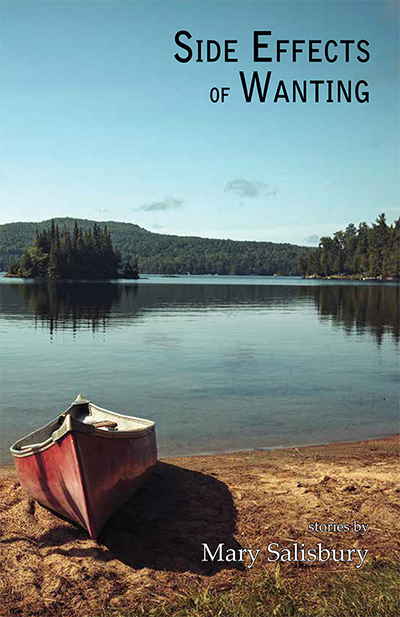
Synopsis of the book:
In 1998’s Colombo, the Sri Lankan Civil War is raging, but everyday life must go on. At Kavi’s school, her friends talk about the Backstreet Boys, Shahrukh Khan, Leo & Kate… and who died—or didn’t—in the latest bombing. But Kavi is afraid of something even scarier than war. She fears that if her friends discover her secret—that she is not who she is pretending to be—they’ll stop talking to her. In an effort to fit in with her wealthy, glittering, and self-assured new classmates, Kavi begins telling lies, trading her old life—where she’s a poor girl whose mother has chosen a new husband over her daughter—for a new one, where she’s rich, loved, and wanted. But how long can you pretend to be someone else?
Doesn’t this sound fantastic? Please welcome Thushanthi Ponweera:
I first learned about being intentional about the objects and elements you write about in your story from Linda Sue Park at an online webinar. It was a new concept to me. I had already heard about not using too many secondary characters and about evaluating how much of a “main” character a main character is, but had I thought about all the background stuff? No. But after learning this nugget of wisdom, I started to think about it.
The basic idea is that everything you introduce to the reader has to have a purpose. I started combing through my draft of I Am Kavi with this in mind. The very first lines are about Jasmine flowers.
The Jasmine flowers glow incandescent as they always do eagerly looking for my outstretched hands.
So now I knew I had to weave in Jasmine flowers throughout the story. I started looking for places I could insert them in a meaningful way. At the beginning of the book Kavi is at home in the village of Anuradhapura. Plucking Jasmine flowers is the first thing she does each morning so that she can place them at the little altar of Lord Buddha in her house whom she worships daily. About one third into the story, she moves to Colombo and is obviously homesick. Yes!
Here was another place I could mention Jasmine, which had now become an important part of her life back home.
My nose is lonely. It misses the sweet scent of Jasmine.
Of course, as she gets drawn into city life and is distracted by all the changes, her life back home – and with it the Jasmine flowers — is forgotten. It’s not till she’s back there in the last quarter of the book that I’m able to mention Jasmine again. This hopefully works as a signal to the reader and brings to life Kavi’s home and village setting. That was my intention!
The Jasmine blooms dot the darkness, bright white on inky black, their scent stronger than ever.
I’ve used other elements this way in the book too: the statue of Lord Buddha, a Kohomba tree, a bus, the temple, the full moon. When you are reading my book –and I really hope you do — keep an eye out for these and see if the repeated appearances help create stronger images and emotions. If it does, then I’ve been successful. And perhaps it will convince you to try it out in your next draft!
Thank you, Thushanthi Ponweera, for sharing these writing tips with us.

Thushanthi Ponweera is an author and poet from Sri Lanka. Before daring to follow her dream of being published, she was a marketing specialist and entrepreneur. Her writing reflects the frustration she feels at the inequality and injustice she sees around her and the deep love she has for her island home. Thushanthi recently moved to Qatar with her husband and two children. I Am Kavi is her first novel.







 About the Author:
About the Author:



 About the Author:
About the Author:

 About the Author:
About the Author:


 About the Author:
About the Author:





